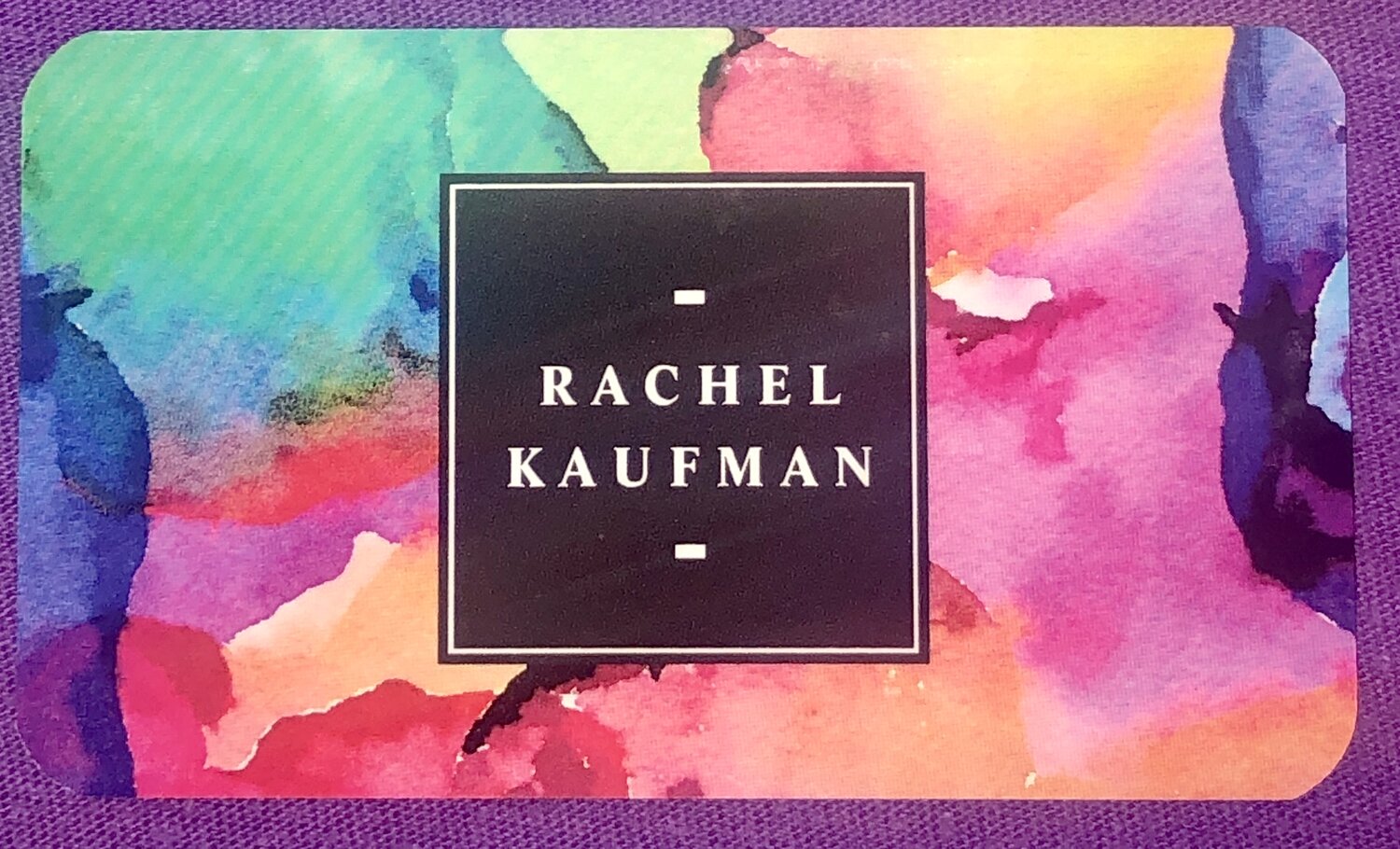DRUGS & TRAFFICKING CRIMES
If you or someone you know and care about has been arrested on drug charges (misdemeanor or felony) in the State of Georgia, contact Rachel Kaufman Law and get the legal representation you need. Rachel has handled a variety of drug cases in jurisdictions throughout Georgia from Trafficking in Cocaine and Heroin to misdemeanor possession of marijuana. She will use all of her experience and knowledge to help individuals facing drug charges.
To ensure the best results for clients, Rachel Kaufman Law thoroughly investigates the circumstances of events leading up to, during and after the arrest for drugs. The investigation often yields evidence that can later be used at trial in a client’s defense. Based on the investigation, we conduct legal research to determine if and when our clients rights could have potentially been violated. From there, our firm prepares and files written motions to dismiss and suppress, which are argued in court before trial.
In court, Rachel she aggressively advocates for her clients using factual circumstances, legal precedent and charm. She also works closely with prosecutors and judges to resolve cases pretrial when “justice for all” can be served in that way. When pre-trial negotiations are not satisfactory dispositions for our clients, trial becomes the next step.
In preparation for trial, Rachel works with other skilled trial attorneys to explore the facts of the case and consider all defense strategies. She also encourages clients to be as involved as possible in pre-trial planning because trial is truly a team effort.
About Georgia’s Drug Laws:
Georgia Drug Crime Statute, better known in Georgia as the Violation of Georgia Controlled Substances Act (“VGCSA”), encompasses a wide range of criminal behavior. VGCSA provides 5 Schedules for drug classification (Schedule I being the most dangerous and Schedule V being the least dangerous) based on their medicinal value and potential for abuse/dependency problems.
For Drug Possession charges, the State must prove that a person purchased, possessed or had under his or her control any controlled substance. Based on the amount of the drug confiscated and the Schedule classification, an individual charged with VGCSA or Drug Possession in Georgia could face up to fifteen (15) years in prison. All drug possession crimes are felonies, aside Possession of Marijuana-Less than one ounce, which is a misdemeanor. Felonies are distinguishable from misdemeanors in that felonies are punishable by more than a year in prison whereas misdemeanors are only punishable up to twelve (12) months. In Georgia, felony drug possession charges are not reserved for people possessing large quantity of controlled substances. All it takes is one unauthorized prescription pill to be charged with a felony here.
For Possession with Intent to Distribute drug charges, the State must prove that a person intended to sell or distribute drugs in his possession. Intent to sell can be established through drug paraphernalia like scales, small plastic bags, and large amounts of currency. Depending on the Schedule of the drug, a person could face up to forty (40) years in prison for Possession with the Intent to Distribute. The amount of the controlled substance sold (possessed with the intention of selling) is irrelevant for the purposes of this felony charge. For example, a person could be charged with Possession with Intent to Distribute Marijuana for selling a joint.
Trafficking is the most serious type of drug offense in Georgia. To convict someone of a trafficking charge, the State must prove beyond a reasonable doubt that a person sold, manufactured, delivered, or possesses illegal drugs in a specific unlawful quantity depending on the type of drug. To justify a marijuana trafficking charge in Georgia, authorities must locate more than (10) pounds of marijuana. By contrast, for substances like cocaine, methamphetamine and MDMA, authorities must only confiscate 28 grams to initiate trafficking charges. Depending on the amount and type of controlled substance, a person charged with trafficking could face up to thirty (30 years) in prison.
Alternative Sentencing Options for Drug Offenses:
Pretrial Diversion: Under specific circumstances, prosecutors can offer pre-trial intervention or diversionary sentences to individuals who have never been arrested or convicted on drug charges previously. Pre-trial programs vary from jurisdiction to jurisdiction but they usually include community service hours, a program fee and proof of completion of some rehabilitative class. Upon proof of completion or “compliance” with the program, the charges will be dismissed (i.e. not result in a criminal conviction).
Plea Under First Offender/Conditional Discharge treatment: Courts have discretion to allow defendants to plea under First Offender when they have no prior felony convictions. Upon successful completion of the sentence as ordered by the Court (usually, pursuant to a plea agreement), the defendant can and must petition the Court to discharge him from First Offender and dismiss his case. First Offender is a double-edged sword, however. Here is why: If a violation occurs and the probation officer petitions the Court to revoke probation, the Court has discretion to NOT ONLY withdraw the First Offender treatment (meaning, a conviction will be entered) but also to resentence the probationer up to the maximum for the offense. This means that the probationary plea deal is jeopardized and prison time is put back on the table. Often times, this caveat is overlooked to the defendant’s disadvantage. For this reason, Rachel Kaufman Law educates clients on the benefits and consequences of entering a plea under First Offender.
Drug Court: Most jurisdictions have intensive, rehabilitation-focused programs to assist addicts in overcoming their drug problem as part of their sentence for a criminal conviction or sometimes, in exchange for other case dispositions.
